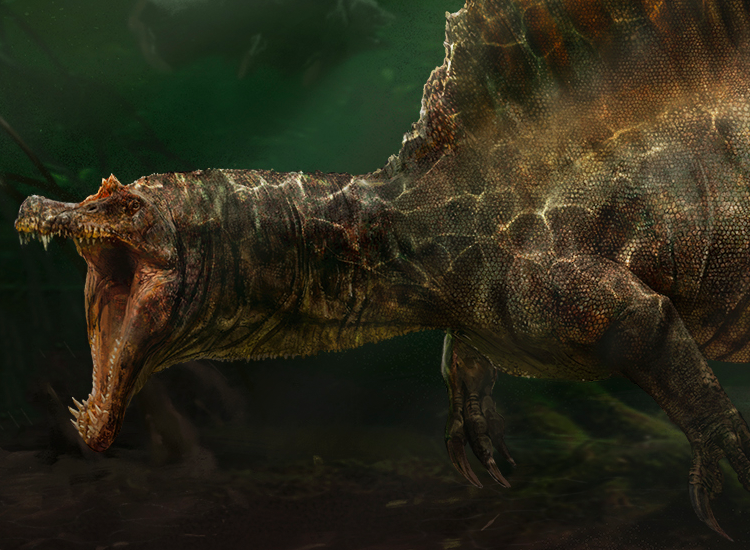The Kingdom of God in the Noahic Covenant
Readers don’t think much of the Kingdom of God in the Noahic Covenant, simply because it isn’t apparent in a quick reading of Genesis 6-12. However, considering the circumstances from Adam to Noah in the Old World, based upon what we have learned so far, it is to be expected that the “dominion” and “rule” of the righteous in the Adamic Covenant (Gen. 1:26, 28, 4:7) would be revived in the Noahic Covenant in the aftermath of the flood. Nevertheless, the words “dominion” and “rule” are nowhere to be found in Genesis 6-12.
At the very least we can see that the eyes of God were fixed upon Noah in Genesis 6:1-9:19, then upon Shem in Genesis 9:20-29, and then upon Eber in Genesis 10:21. Nevertheless, the only explicit mention of a King or a “Kingdom” in the text is when the narrator introduces Nimrod, the man who led the rebellion at Shinar and oversaw the construction of the Tower of Babel (Gen. 10:8-10, 11:1-9).
The next “King” or Kingdom that is explicitly mentioned in Genesis comes with the sudden appearance of a man named, Melchizedek, the “King of Salem” (Gen. 14:18); and most readers would think that this seemingly obscure King is irrelevant to the Noahic Covenant because he doesn’t appear until Genesis 14. As of Genesis 12, the narrator had already begun to focus on Abraham, from whom a new Patriarchal Dynasty would begin, and with whom the Abrahamic Covenant would be established, so people think the narrator of Genesis had moved beyond Noah, Shem, Eber, and the Noahic Covenant.
Things aren’t always as they appear to unlearned readers. Not only is the King of Salem relevant to the Noahic Covenant – Melchizedek came to power in the exercise of Dominion through the Noahic Covenant. In actuality, The King of Salem is not removed from Noah, Shem, and Eber simply because this mysterious man doesn’t appear until Genesis 14, which is during Abraham’s lifetime. For, Noah lived to see Abraham’s generation! Noah was alive and well for a staggering 10 generations beyond his own generation! Can you believe it? Specifically speaking, Noah was still alive for 58 years into Abraham’s life. More importantly (in respect to the historical identity of Melchizedek), both Shem and Eber were still alive as well. My reader, they even outlived Abraham! Shem outlived Abraham by 35 years and Eber outlived Abraham by 64 years. This goes to show you that what happened in Genesis 14 is not irrelevant to Noah, Shem, and Eber, or the Noahic Covenant.
Genesis 11-15, and more specifically Genesis 14, is a divine record that shows interconnectedness of the Noahic & Abrahamic Covenants – which is to say that the author desires to show how the lives and ministries of Noah, Shem, & Eber overlap with and connect to the life of Abraham. The narrator of Genesis didn’t conceal the Patriarchal Succession that took place from Noah to Abraham. Rather, he painstakingly revealed it through the genealogies! Hereby, we can understand that Noah was a Patriarch of Adamic proportions. Nor did the narrator of Genesis conceal the Kingdom of God from Noah to Abraham. He explicitly revealed it! The Kingdom of God was being transmitted through the Covenantal Blessings & Curses of the Patriarchs. In other words, the blessing and curse of Genesis 9:24-27 shouldn’t be taken lightly, nor should it be regarded as something irrelevant to the Kingdom of God. The same goes for the blessing of Genesis 14:18-20.
The narrator of Genesis will go on to amplify this doctrine with undeniable clarity in Genesis 12-50, as the Kingdom of God is explicitly manifested in the Dominion, Rule, Kingship, Princedom, Lordship, & Reign of the Patriarchs in the Early Church.
